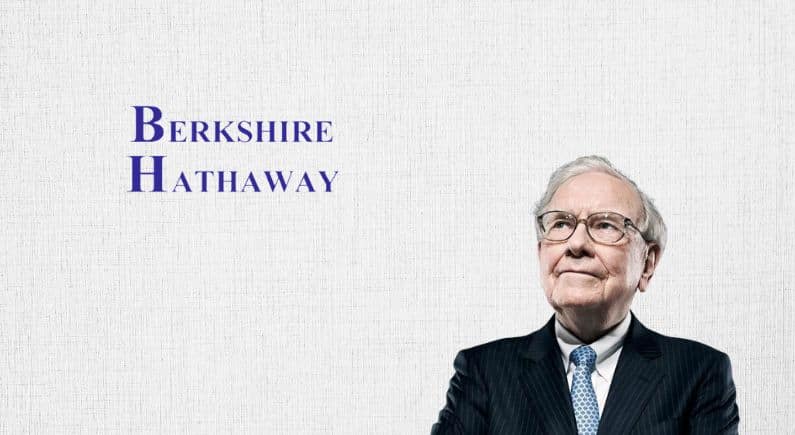[BLOCK] Brave new world
![[BLOCK] Brave new world](https://www.zgdown.com/wp-content/uploads/2021/08/ad-2.jpg)
David Orban gives insight on how societal and economic developments are driven by new technologies, especially in light of the pandemic
Words by David Orban for the Spring issue? of Block magazine.
Our ability to imagine the future is not only limited by our creativity and imagination. An important limit is represented by cages of dogmatic thinking that make us believe that radical change is impossible. Cataclysmic transformations have been triggered in the past by wars and revolutions. Today’s pandemic represents such a catalyst and will generate a socio-economic phase transformation that would have been previously unimaginable.
As a Roman slave building the Colosseum you would have agreed if I told you that your life was unjust, but not that there was any alternative possible. Once people started using the energy of water, wind, coal, and oil to power machines that could outlaw slavery, it became impossible to compete economically with those societies that had moved to this new paradigm of universal human rights and freedoms.
Societies haven’t changed because we became better people with superior morality compared to that of the past. They changed because new technologies created the necessary support infrastructure that not only make change possible but unstoppable. And if that is true we can look around and ask ourselves what and when currently emerging technologies will lay down the basis for equally monumental changes.
Network Society has identified eight different industrial sectors with crucial technologies leading towards robust and resilient decentralization: energy, manufacturing, food, health, learning, security, finance, and policymaking. Our different businesses invest, advise, consult and share empowering knowledge to accelerate and leverage these world changing opportunities.
Blockchain and artificial intelligence are a natural part of these technologies as they evolve, providing substantial value in the processes and applications that incorporate them with everincreasing functionality and ever-decreasing barriers to access.
There is a fundamental difference between how these processes happened in the past where it took multiple generations before a new technology could encompass the world and trigger the socioeconomic transformations that we learn from history books, and the greatly increased speed with which they happen today.
Since we can see them unfolding literally in front of our eyes, we are in the privileged position to understand their nature and intervene in guiding them so that we build desirable futures in a more transparent and self-aware manner.
There has been a recent study by Stanford University that shows how artificial intelligence appears to evolve faster than the two-year doubling of the power of computers in general.
To correctly interpret this phenomenon last year I introduced the paradigm of Jolting Technologies, which are characterised by an increasing rate of acceleration. If we are biologically illequipped to realise the power of merely exponential change, then it will be obvious that jolting change pushes us and our society beyond the limits of our adaptability.
In the world before the COVID-19 pandemic there have been signs of unsustainable processes accumulating to a breaking point which we made every possible effort to postpone, without being able to eliminate their root causes.
This is the sense in which the pandemic is a unique opportunity; in which the people and not government represent and in which the world wages a war that unites the human race in front of a common enemy.
The extremes of wealth and income inequality, the inability to secure basic human rights to hundreds of millions of people, the destruction of the biosphere through industrial, urban and agricultural processes are some of the global challenges that have been recognised but insufficiently tackled. Applying the useful terminologies tortoise to the pandemic we haven’t successfully achieved the “banding of the curve” and pretended that slowing the worsening of the conditions could maybe be enough.
It isn’t enough and now we realise it. How can we dream of Martian colonies? Do we think it is going to be fine to have 99% sustainability on Mars, so that the colonies become extinct in 100 years rather than 10? And if 100% sustainability is the goal on Mars it must be equally be the goal on Earth, from the point of view of resource utilisation but also of social organisation. We have to discuss, reevaluate, and reform the social contract, to be aligned with the needs of the 21st century.
Through the example of heroic efforts of global scientific and engineering collaboration to fight the pandemic – possible thanks to the communication and computation technologies that we have deployed in the past decades – we are already seeing the contours of emerging structures that are able to address our global challenges, while nation states the world over have proven to be almost invariably unable to tackle them.
Our collective abilities of foresight and planning are going to be put to an extreme test. We have the opportunity to rise to the challenge and to prepare the world for the next phase in the development of human civilisation. Soon we will not be alone in making decisions that impact the future trajectory not only of this planet but of the universe.
As artificial intelligence fulfills its promising potential we will be joined in our exhilarating journey to seek understanding by powerful companions. Our challenges will not stop, but as always our tools and our power to wield them will endow us with a heightened sense of justice, to build a world of inclusion, empowerment, and opportunity for all.
About AIBC:
AIBC Summit is a global expo covering topics relating to the global sectors for blockchain, AI, Big Data, IoT, and Quantum technologies. The event includes conferences hosted by globally renowned speakers, workshops for industry learning and discussion, an exhibition space accommodating more than 400 brands and a number of networking events.






